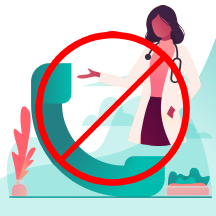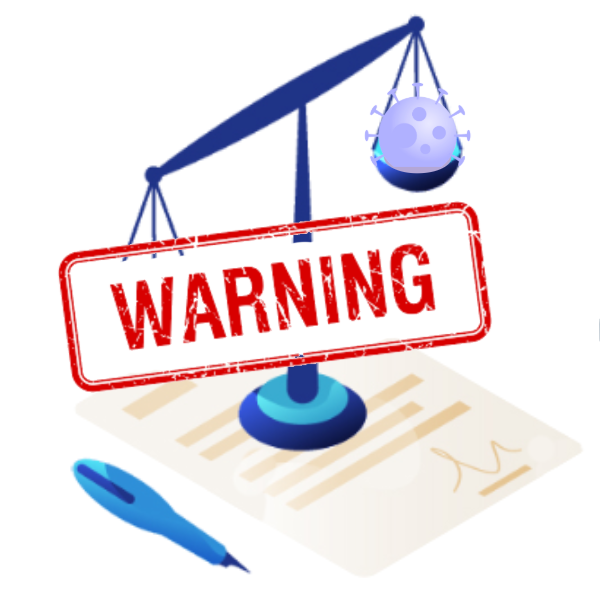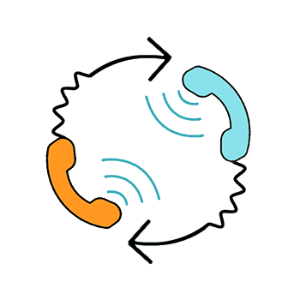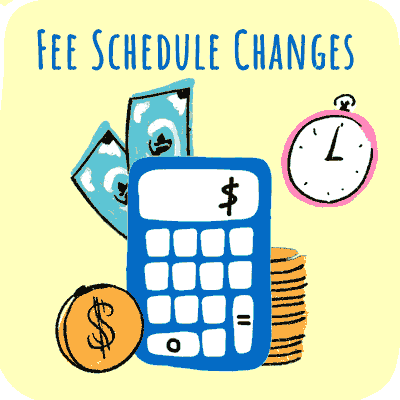California DWC Alone Determines Workers' Comp Rules During COVID-19

As COVID-19 redefines the workers’ compensation landscape, providers have many questions. But there is no question as to what persons or which entities have the authority to determine the answers: the California Division of Workers’ Compensation (DWC).
The California DWC determines the rules for workers’ comp, including authorization, treatment, billing and payment, and rules for telehealth services furnished to injured workers. From the regulations and Newslines, DaisyBill compiled a checklist of the DWC telehealth rules providers should follow when furnishing telehealth medical treatment.
Some claims administrators may seek to impose their own rules during this pandemic, particularly regarding the telehealth services that are now crucial to continuing care. Providers are under no obligation to comply with any rules created by insurers, employers, third-party administrators, or any authority outside the DWC and its director.
California Workers’ Comp Telehealth Checklist
To date, the DWC has issued a number of Newslines addressing telehealth. From these DWC Newslines DaisyBill created a Workers’ Comp Telehealth Checklist that details all of the current Californian workers’ comp rules and regulations that apply when a provider furnishes medical treatment via telehealth.
Per this checklist,
- No provider is excluded from delivering telehealth services as long as the service is within the scope of their practice and can be delivered via video connection
- When furnishing the telehealth service the injured worker must be informed and consent to the telehealth service. The provider must document the consent
- The telehealth service must be delivered via a video connection, which can include popular chat applications such as Apple Facetime, Facebook Messenger video chat, Google Hangouts video, Skype and Zoom
- When billing for medical treatment furnished via telehealth, the CMS 1500 box 24 should be populated with the 02 Telehealth Place of Service
CA Workers’ Comp Rules During COVID-19
The DWC’s role is to implement the state Labor Code in workers’ compensation. The DWC and its Administrative Director (AD), currently George Parisotto, execute this role by promulgating rules and regulations for providers, payers, and all other involved parties.
Under the AD’s guidance, the DWC formulates the California Code of Regulations (CCR). The DWC then creates and implements workers’ comp rules and regulations that conform to the Labor Code and Code of Regulations. These rules govern all of California workers’ compensation.
COVID-19 has not changed this basic fact.
As for claims administrators, their authority to promulgate new rules remains exactly as it was pre-COVID-19: nonexistent.
To help all workers’ comp stakeholders navigate this issue, we’ve created a helpful flowchart:
To learn about why E-billing is critical during COVID-19 and the details of how workers' comp E-billing is different from group health or Medicare, sign-up for our free upcoming webinar below.
Protect your practice. Harness the power of daisyBill software, data, and expertise for faster, better workers’ comp billing. Reach out to learn how we can help.
CONTACT US
DaisyBill provides content as an insightful service to its readers and clients. It does not offer legal advice and cannot guarantee the accuracy or suitability of its content for a particular purpose.





